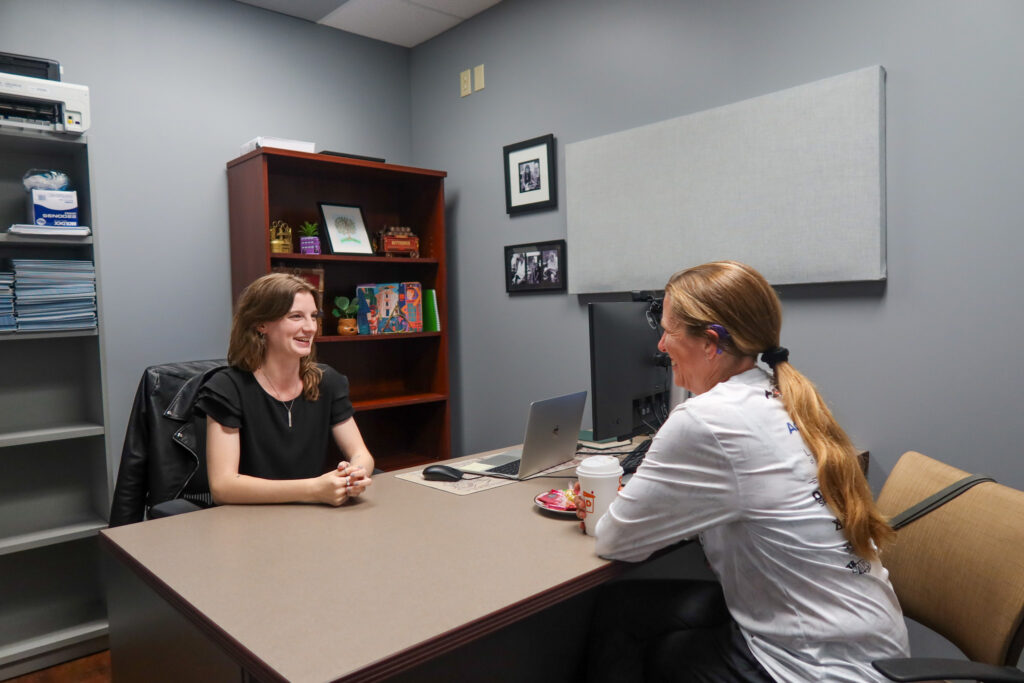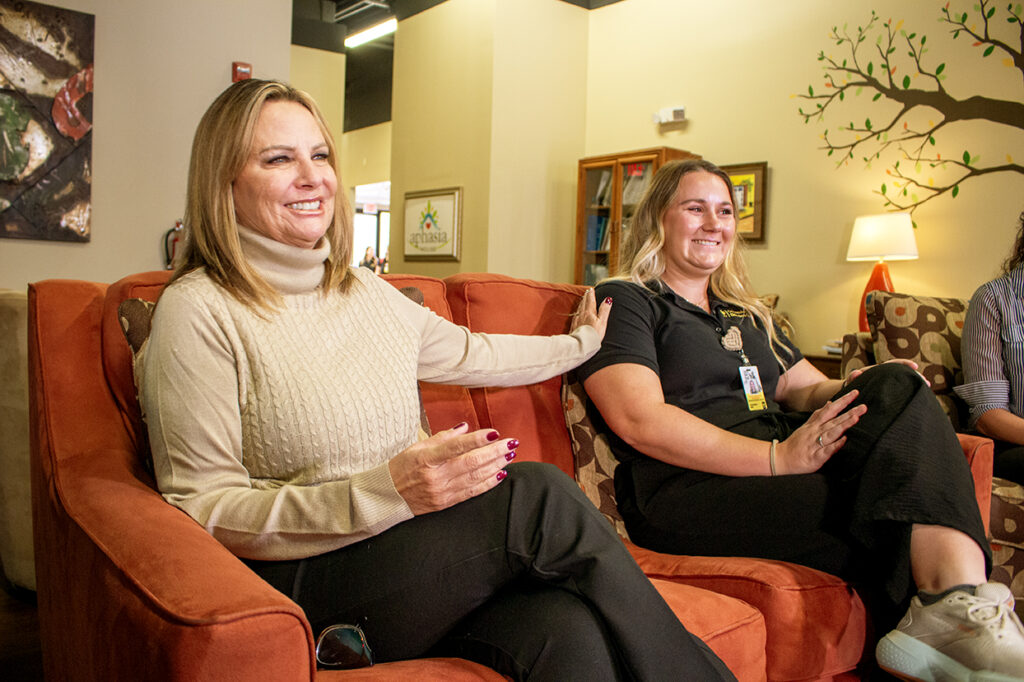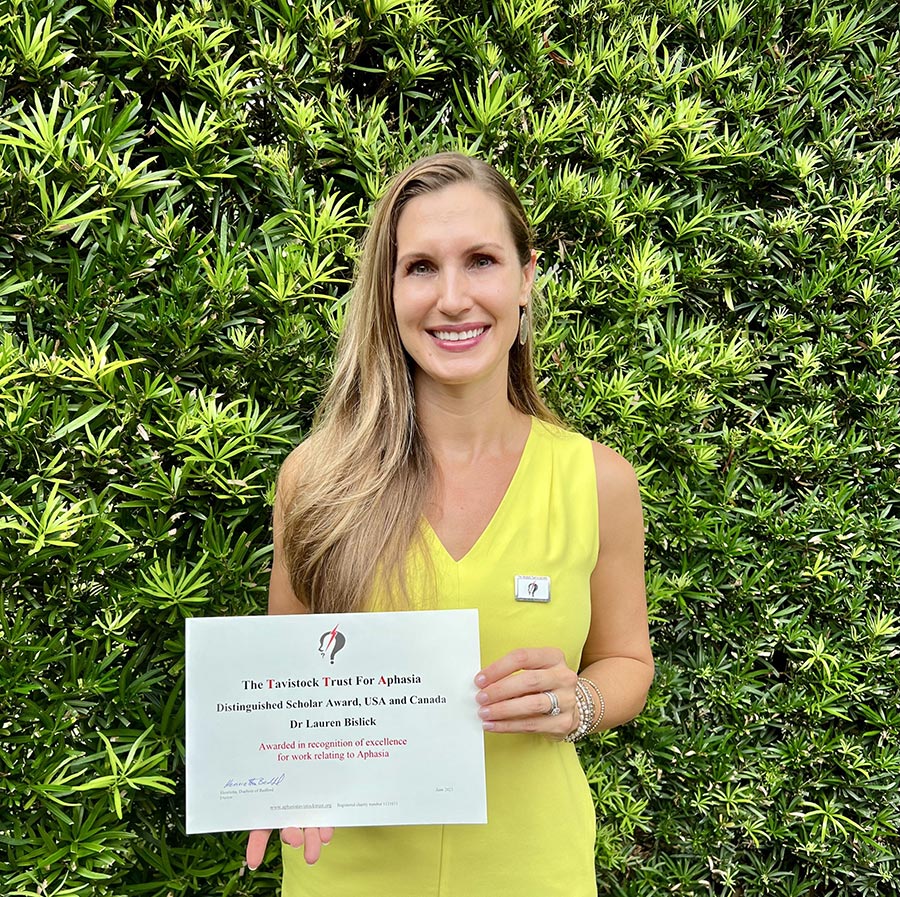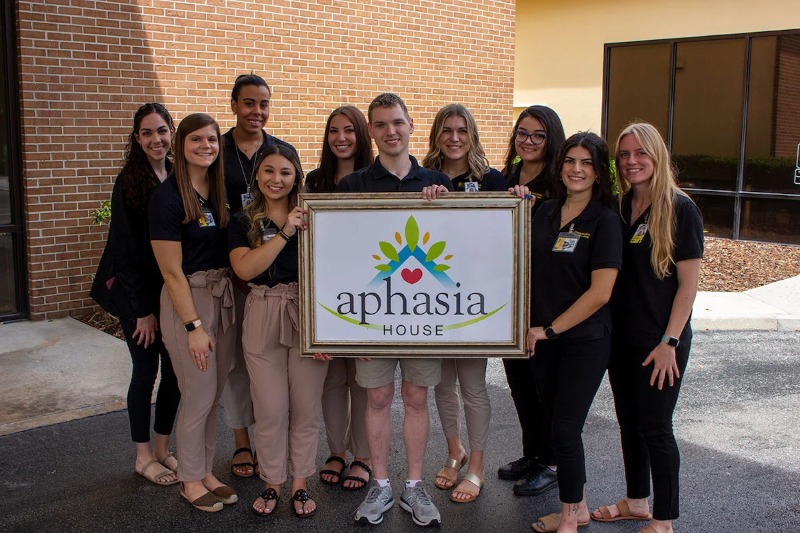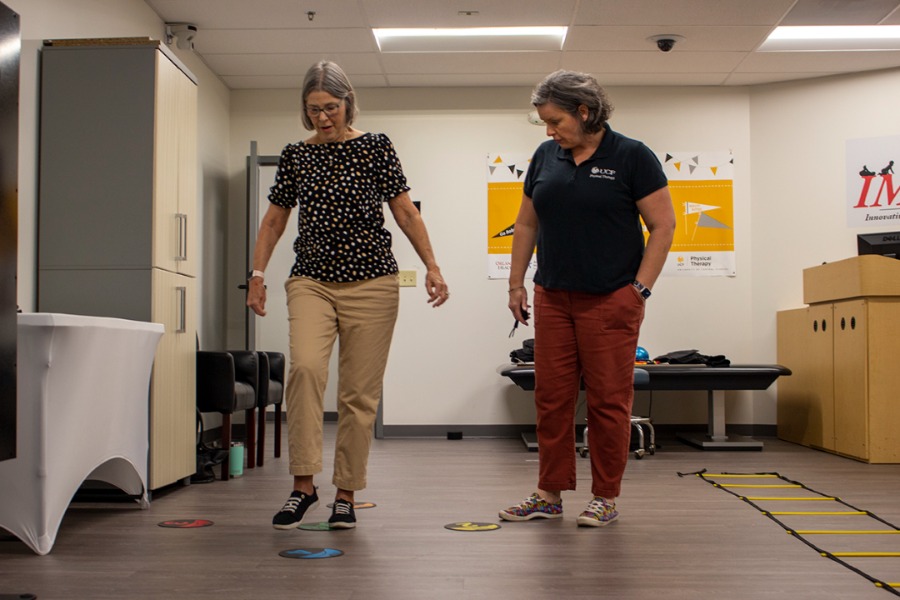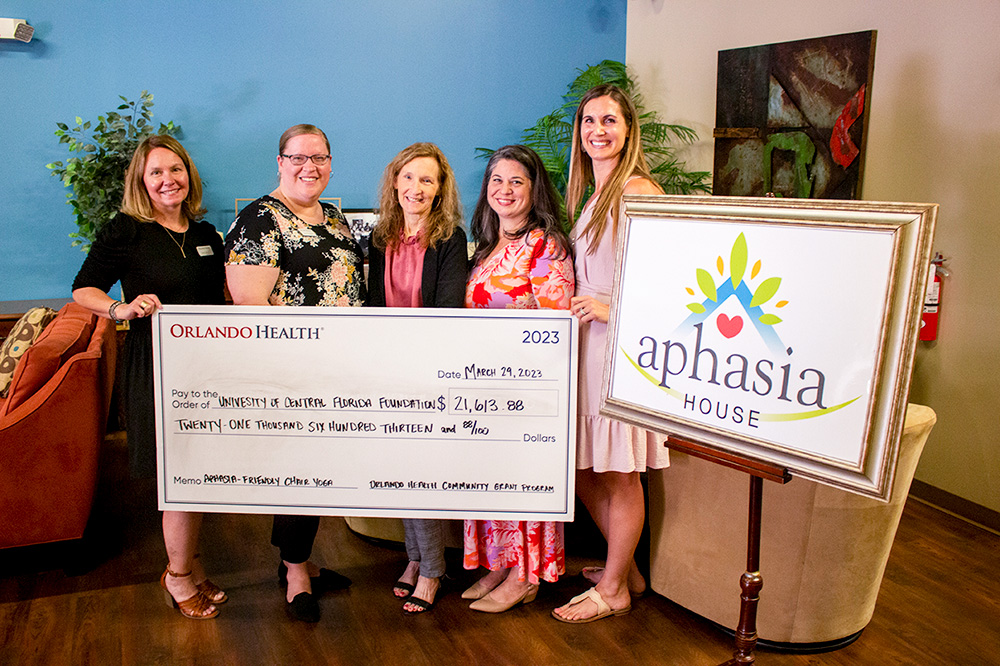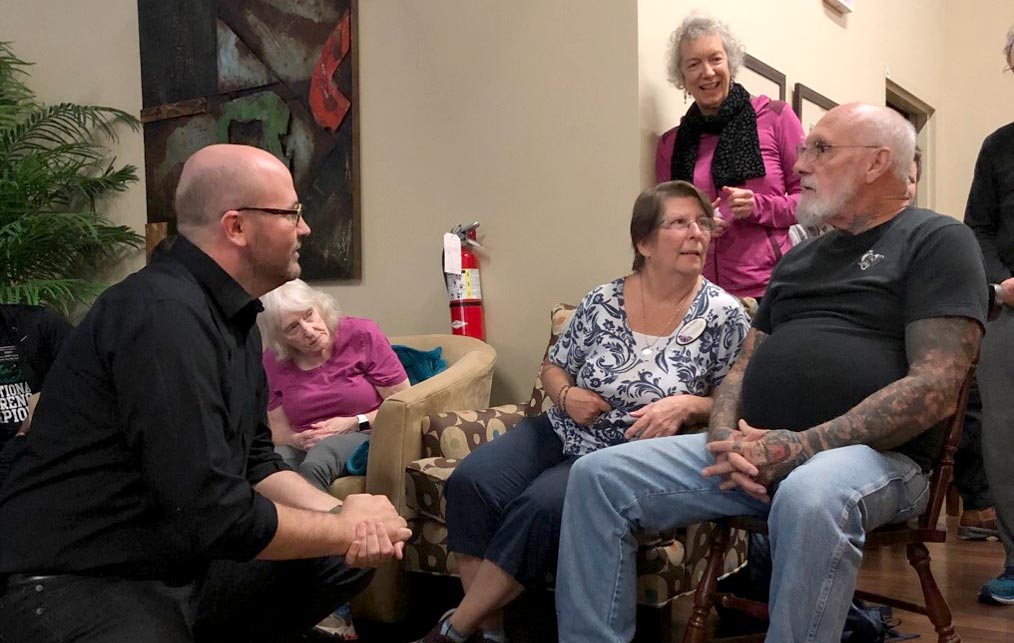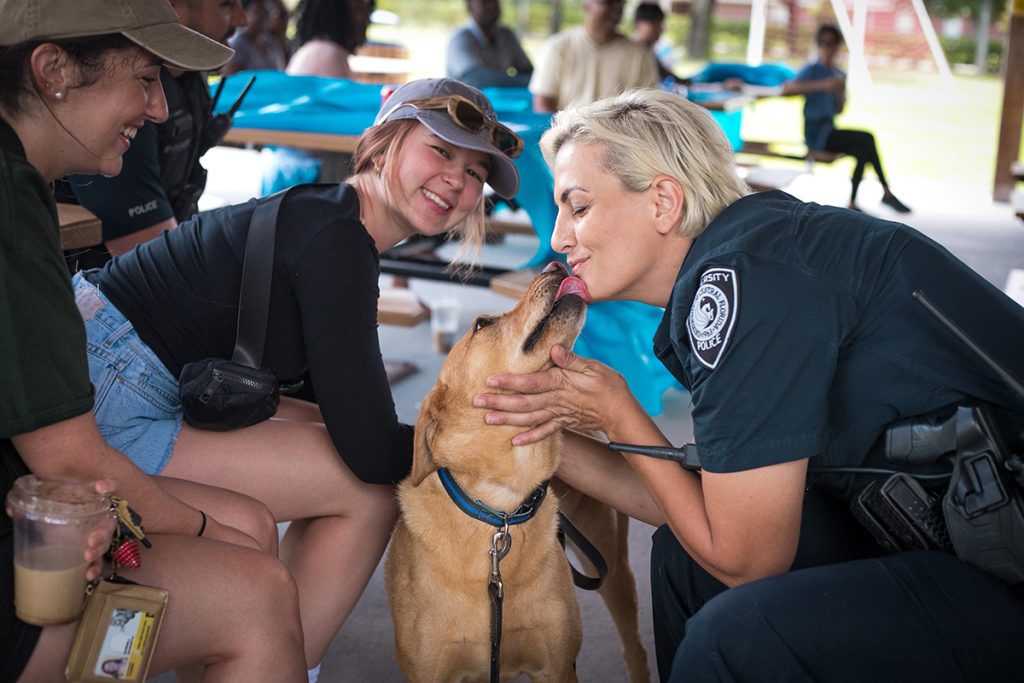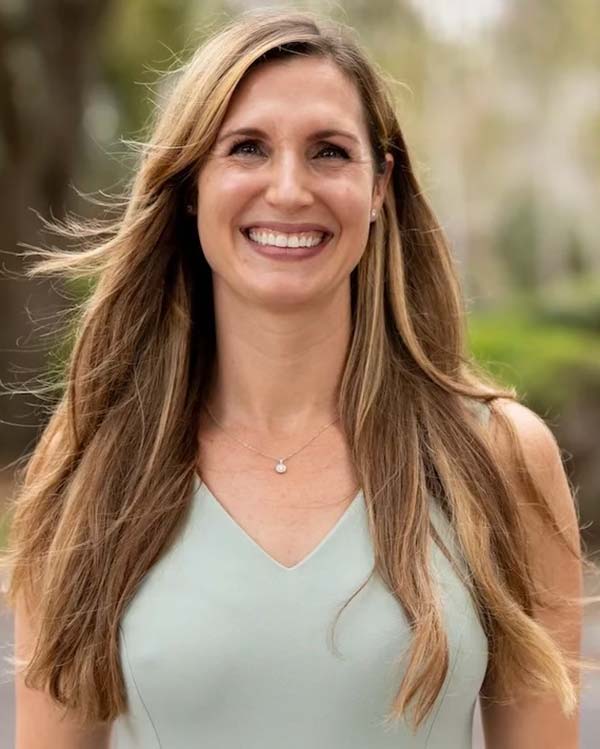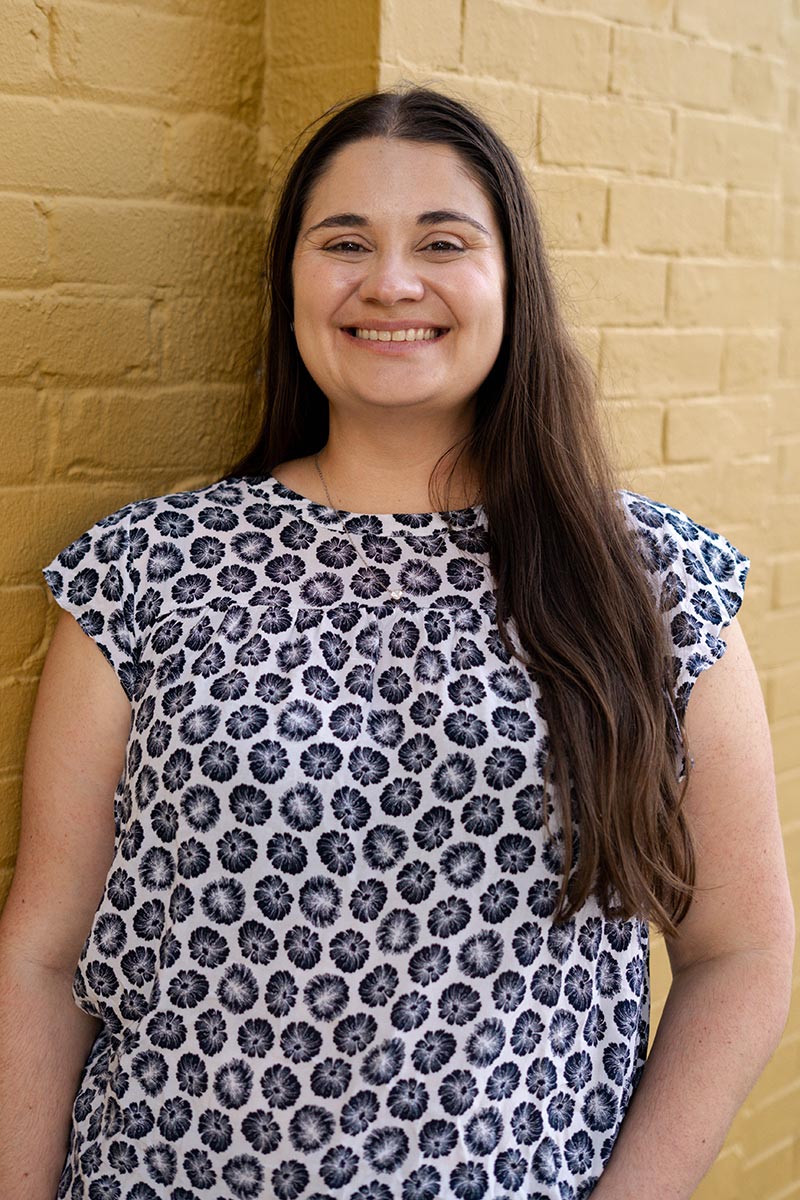Aphasia and Related Conditions Research Lab
UCF Communication Sciences and Disorders
Overview
Members of the Aphasia and Related Conditions (ARC) Research Lab at the University of Central Florida conduct research to 1) better understand the complex processing of speech and language and its breakdown in individuals with aphasia and apraxia of speech, 2) develop new and explore effective treatment approaches for the rehabilitation of apraxia of speech and aphasia, and 3) work to improve psychosocial variables that influence quality life in persons with acquired communication disorders.
In particular, we study:
- Rehabilitation of aphasia and/or apraxia of speech – see our NIH funded treatment study for persons with apraxia of speech and aphasia
- Benefit of the principles of motor learning on speech learning and rehabilitation
- Differential diagnosis of aphasia and apraxia of speech
- The benefits of adapted yoga for persons with acquired brain injury – read about our virtual Yoga Club
- The benefits of one on one social communication groups for persons with acquired severe communication disorders via Mission SPEAK – to promote Socialization, Participation, Engagement, Advocacy, and Kindness
To hear more about these research projects, please listen to this ANCDS interview with Dr. Bislick. or read this ANCDS Spotlight.
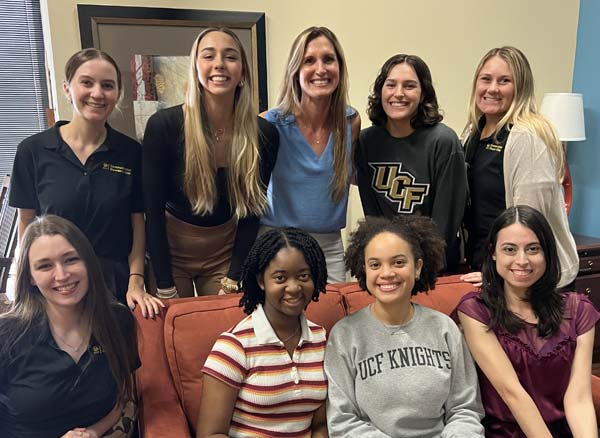
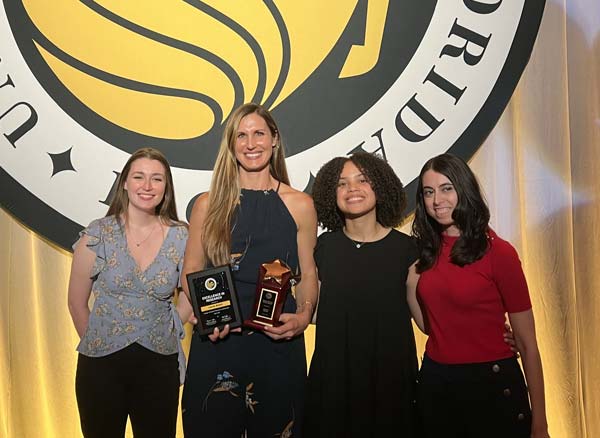
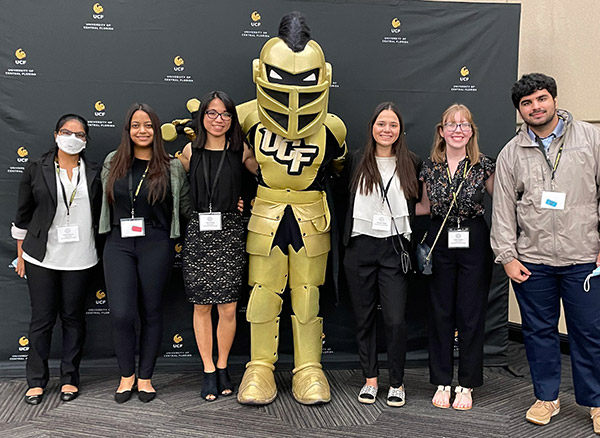
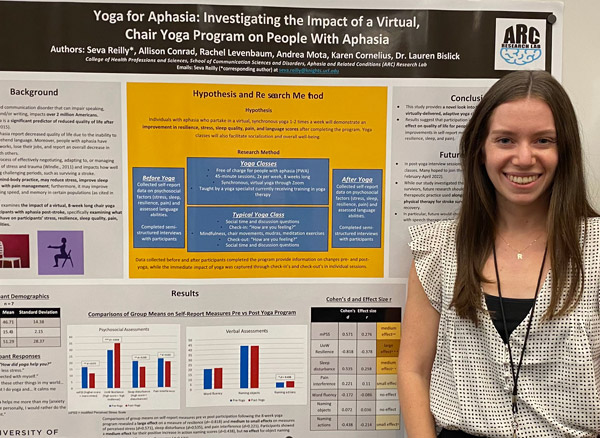
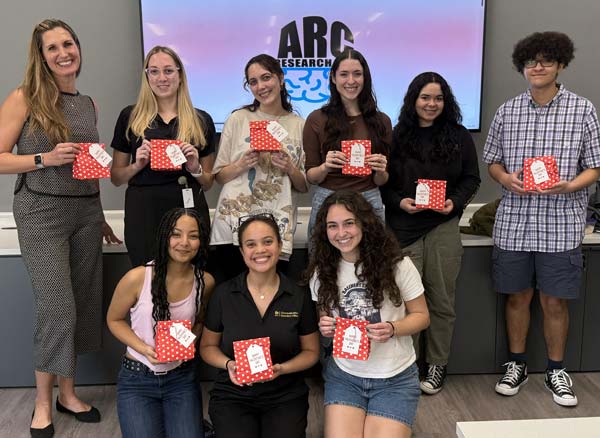
News
Meet Our Team
Director and PI
Lauren Bislick, Ph.D., CCC-SLP, CBIS
Research Speech-Language Pathologist
Stephanie H. Eaton, MA, CCC-SLP
Students
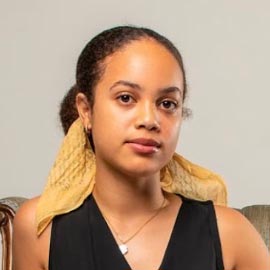
Sydney Carey
Research Coordinator
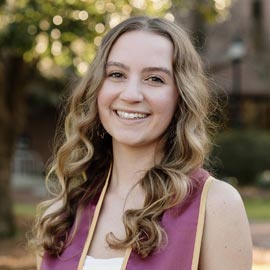
Emma Beaudoin
Graduate Research Assistant
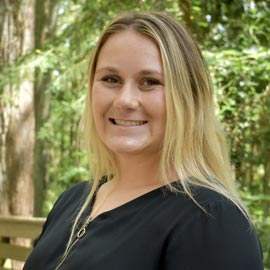
Cassandra Bodi
Graduate Research Assistant
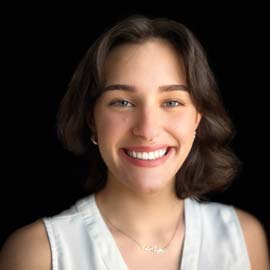
Karilyn Brudzinski
Graduate Research Assistant
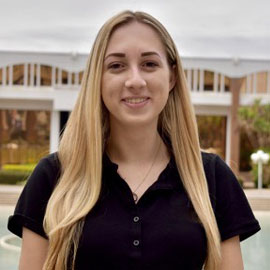
Elizabeth Engelgau
Graduate Research Assistant
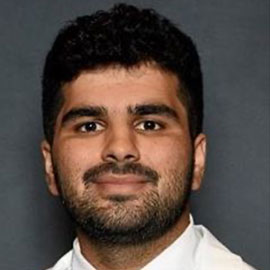
Emad Khan
Graduate Research Assistant
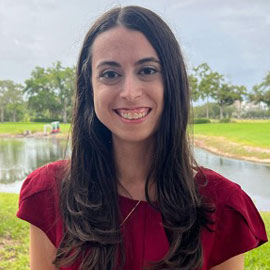
Tiffany Torres
Graduate Research Assistant

Lowlah Almedaini
Undergraduate Research Assistant
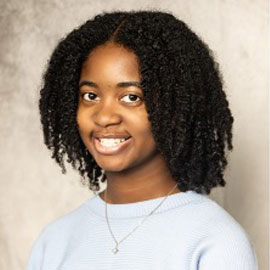
Zoe Barnes
Undergraduate Research Assistant
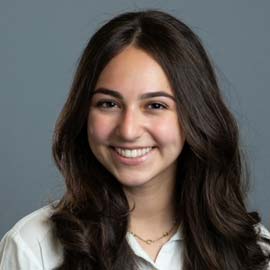
Veronica Fernandez
Undergraduate Research Assistant

Alex Leon
Undergraduate Research Assistant
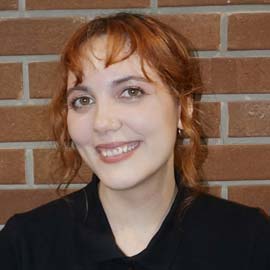
Emaleigh Metcalfe-Sanchez
Undergraduate Research Assistant

Margarette Reidinger
Undergraduate Research Assistant
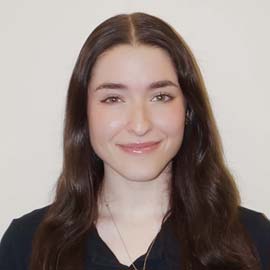
Talia Tumminello
Undergraduate Research Assistant
Selected Relevant Publications
Our laboratory makes a concerted effort to publish our findings in respected academic journals and present at regional, national, and international conferences. In addition to contributing to collective body of knowledge in a given field, presenting original data at conferences is a fun way for the lab’s students to enhance their self-confidence and network with other scientists.
-
Bislick, L., *Thakar, A., & Madden, E. (2023). Exploring the impact of two feedback types on speech intelligibility, precision, and naturalness. Seminars in Speech and Language, 44(3):170-188.
-
*Suarez, L., Dawson, N., & Bislick, L. (2023). Dual tasking in individuals with post-stroke aphasia: A scoping review protocol. JBI Evidence Synthesis, 10.11124/JBIES-22-00332.
-
Bislick, L., Dietz, A., Duncan, E.S., Cornelious, K. (2023). The benefits of a yoga practice for people with aphasia: A feasibility study. American Journal of Speech Language Pathology, 1–10.
-
Madden, E. B., Bislick, L., Wallace, S., Therrien, M., Goff-Albritton, R. (2023). Aphasia and friendship: Stroke survivors’ self-reported changes over time. Journal of Communication Disorders, 103, 106330.
-
Madden, E. B., Therrien, M., Bislick, L., Wallace, S., Goff-Albritton, R., Vilfort-Garces, A., Constantino, C., Graven, L. (2023). Caregiving and friendship: Perspectives from care partners of people with aphasia. Topics in Language Disorders, 43 (1), pp. 57–75.
-
Madden, E. B., Therrien, M., Bislick, L., Wallace, S., Goff-Albritton, R., Vilfort-Garces, A., Constantino, C., Graven, L. (Accepted). Caregiving and friendship: Perspectives from care partners of people with aphasia. Topics in Language Disorders.
-
Engelhoven, A.R., Bislick, L., *Gray, S., Hunting Pompon, R. (2022). Respondent Burden and Readability of Patient-Reported Outcome Measures for People with Aphasia. Topics in Language Disorders, 42 (3), 266-282.
-
Bislick, L., Dietz, A., Duncan, S., . . . Van Allen, S. (2022). Finding “zen” in Aphasia: The Role of Yoga in the Post-Stroke Journey of Two Survivors. American Journal of Speech Language Pathology, 1-15.
-
Therrien, M., Madden, C. E., Bislick, L., Wallace, S. (2021). Aphasia and Friendship: The Role and Perspectives of Speech-Language Pathologists. American Journal of Speech Language Pathology, 1-13.
-
*Hernandez, N., Bislick., L, Engelhoven A., Hunting Pompon, R. (2021). Caregiver-proxy & individual with aphasia self-report agreement on subjective domains. American Journal of Speech Language Pathology, 30, 1700–1710.
- Bislick, L. (2020). A phonomotor approach to apraxia of speech treatment. Journal of American Speech-Language Pathology, 1-22. doi.org/10.1044/2020_AJSLP-19-00116
- Dietz, A., Duncan, S. Bislick., L., & Watts, A. (2020). Increasing resilience in people with post-stroke aphasia and co-survivors using mind-body approaches. Perspectives of the ASHA Special Interest Groups, 5, 853-860. doi.org/10.1044/2020_PERSP-20-00028
- Bislick, L. & Hula, W. (2019). Perceptual characteristics of consonant production in apraxia of speech and aphasia. American Journal of Speech Language Pathology, 28, 1411-1431. doi.org/10.1044/2019_AJSLP-18-0169
- Minkina, I., Silkes, J. Bislick, L., . . . Kendall, D. (2019). The influence of phonomotor treatment on word retrieval: Insights from naming errors. Journal of Speech Language and Hearing Research 62, 1-25. doi/10.1044/2019_JSLHR-L-19-0014
- Hunting Pompon, R., Bislick, L., Elliott, K., Madden, E. B., Minkina, I., Nadeau, S., Oelke, M., & Kendall, D. (2017). Do linguistic and nonlinguistic characteristics predict generalization and maintenance following Phonomotor Treatment in twenty-six individuals with aphasia? American Journal of Speech Language Pathology, 26, 1092-1104. doi.org/10.1044/2017_AJSLP-16-0175
- Bislick, L., McNeil, M., Spencer, K., Yorkston, K., & Kendall, D. (2017). The nature of error consistency in individuals with apraxia of speech and aphasia. American Journal of Speech Language Pathology, 26, 611-630. doi: 10.1044/2017_AJSLP-16-0080
Contact
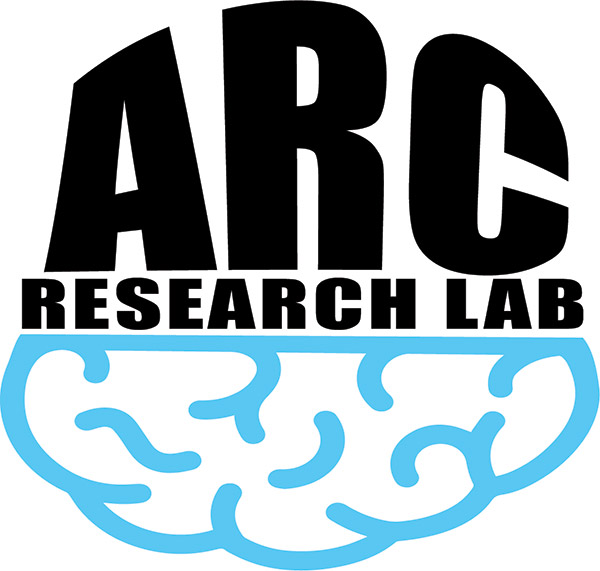
The Aphasia and Related Conditions (ARC) Research Laboratory is located at the Innovative Center, 3280 Progress Drive, Suite 700, Orlando, FL 32826. We are a short distance south of the UCF Main Campus.
UCF ARC Research Laboratory
Innovative Center
3280 Progress Dr
Orlando, FL 32826
